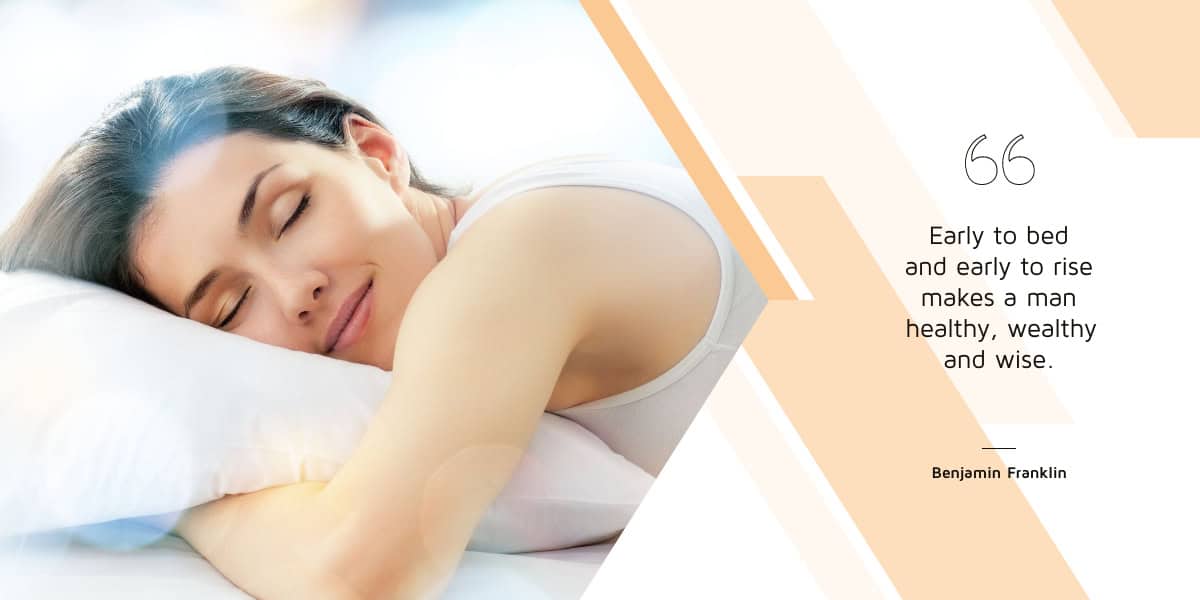When we relax, the blood circulation in our body increases and we have more energy. It helps us to have a calmer and clearer mind, which promotes positive thinking, concentration, memory and decision-making. Relaxation slows the heart rate, lowers blood pressure and releases tension. While relaxation lowers blood pressure, it improves blood flow.
Studies show that short-term meditation is associated with an increase in blood circulation to the brain. It also improves concentration and self-control. The Mayo Clinic recently (October 200) stated that research clearly proves that relaxation must be high on everyone’s list of priorities. This applies not only to all workaholics, but also to housewives and anyone who wants to stay healthy.
According to the report, relaxation reduces wear and tear on the mind and body. For example, relaxation is found to lower blood pressure and heart rate while increasing blood flow to major muscles. It also reduces back pain, headaches and muscle tension and improves concentration. The likelihood of emotional reactions such as anger and frustration, which are harmful to the body, is also reduced.
Relaxation techniques are an excellent way to help manage stress. Relaxation is not just about relaxing or enjoying a hobby. Relaxation is a process that reduces the effects of stress on the mind and body. Relaxation techniques can help you deal with everyday stress and stress related to various health problems such as heart disease and pain.
Taking time to feel joy is also an important element of relaxation. Laughter relieves pain, can help the heart and lungs, promotes muscle relaxation and can reduce anxiety. In this way, our heart comes to rest. This in turn prevents many risk factors for heart disease such as high blood pressure, stroke and broken heart syndrome.
Fortunately, no matter how busy you are, it is easy to learn how to take time to relax and how best to relax. You will get the most benefit if you use relaxation techniques along with other positive coping methods, such as positive thinking, humour, problem solving, time management, exercise, getting enough sleep and support from family and friends. Health professionals such as alternative practitioners, doctors and psychotherapists can teach different relaxation techniques. Although it is rare, if you feel emotionally uncomfortable during relaxation techniques, you should stop using the technique and talk to your doctor or psychotherapist about it.
In a progressive muscle relaxation method, you start by tensing and relaxing the muscles in your toes and then gradually work your way up to your neck and head. For example, you can imagine a peaceful environment and then focus on controlled, relaxing breathing, slowing your heartbeat or feeling different physical sensations, such as relaxing each arm or leg separately. If relaxation exercises do not help to reduce your stress, you should consult a psychologist. To relax through visualisation, try to involve as many senses as possible, including smell, sight, sound and touch.
Learn the importance of taking time to relax so that you can intentionally relax rather than waiting until you are overwhelmed and then breaking down. Relaxation techniques can help to relax the mind and body and also manage some of the symptoms of anxiety and depression.




